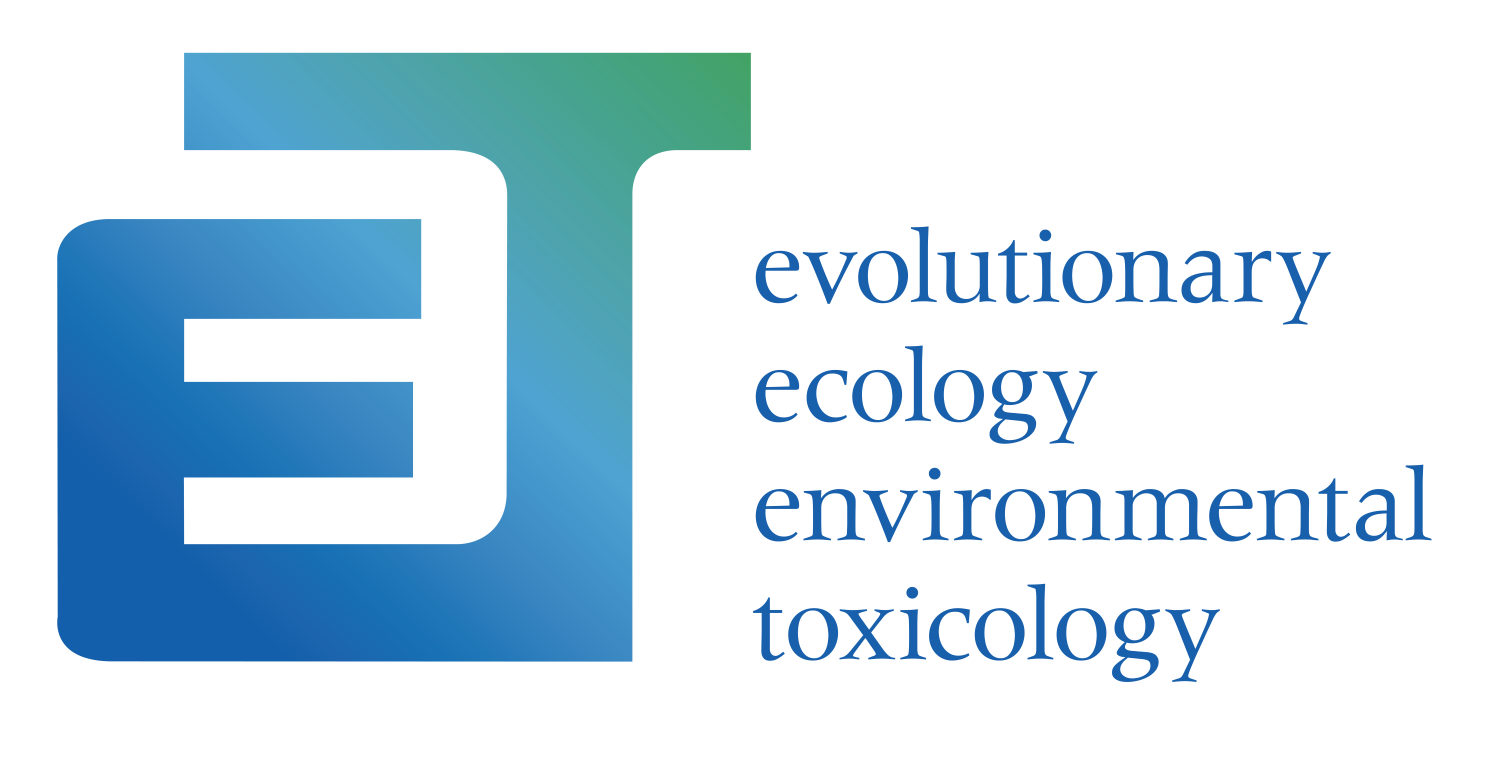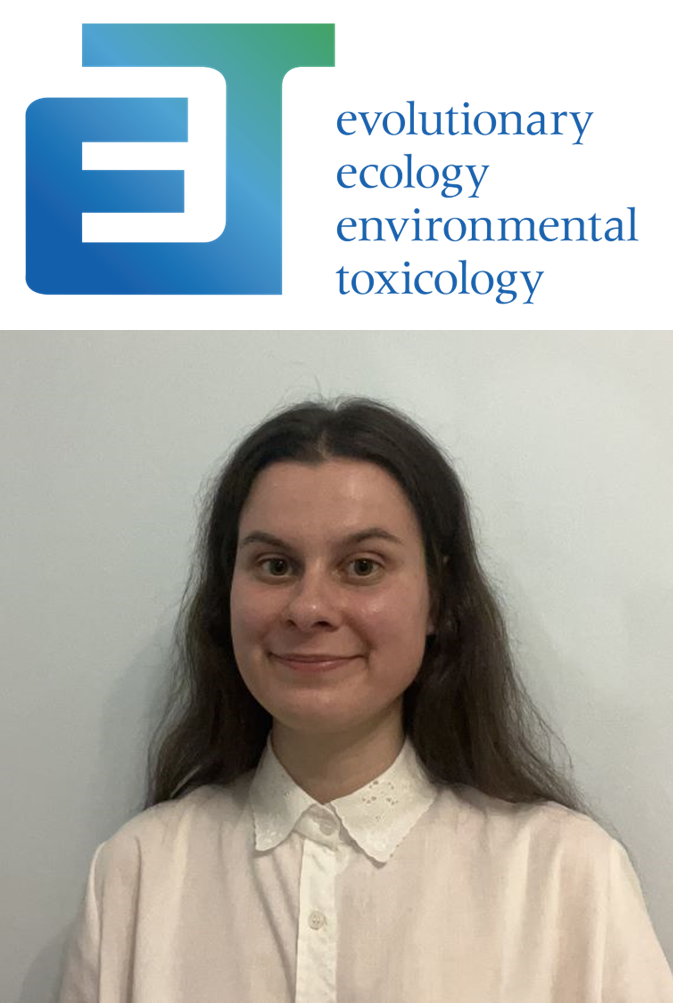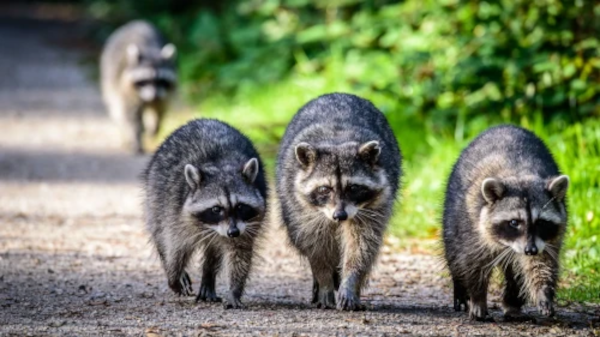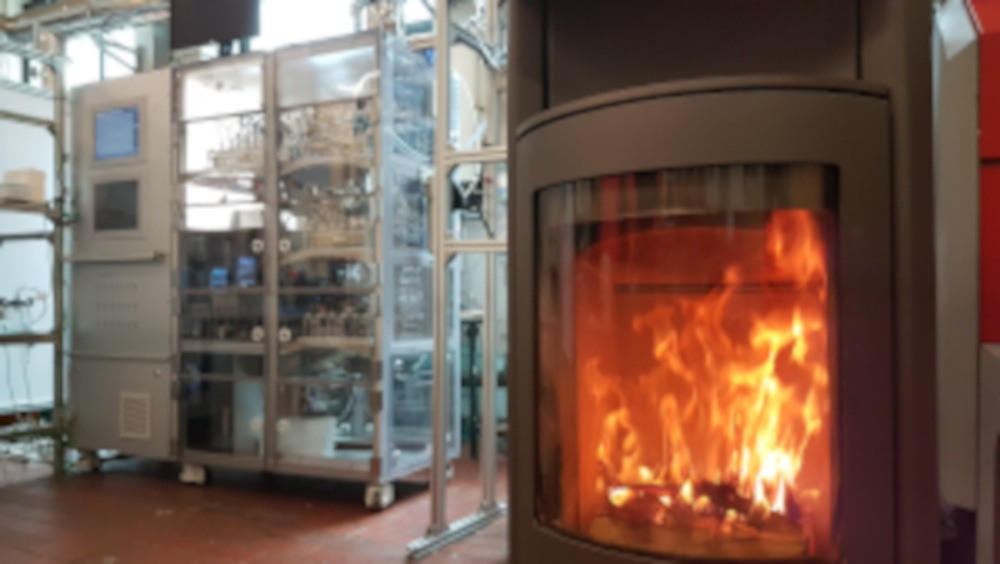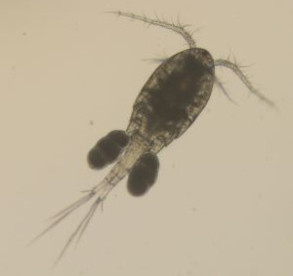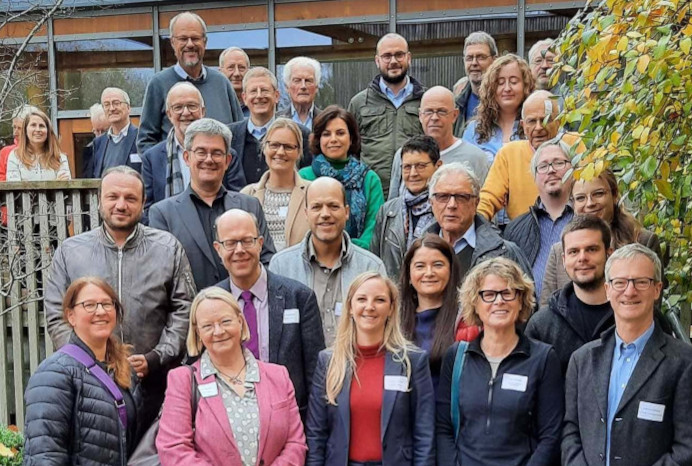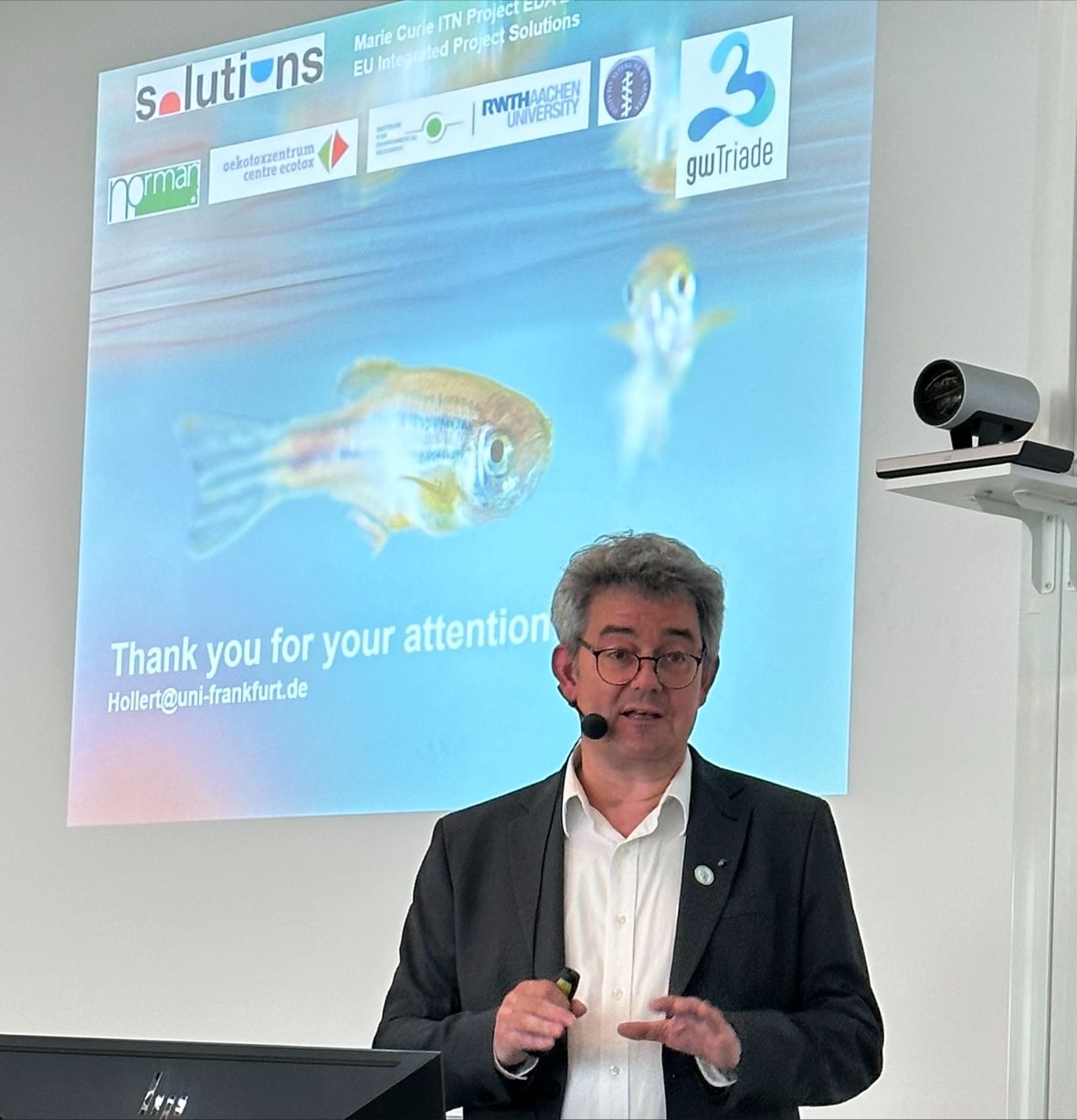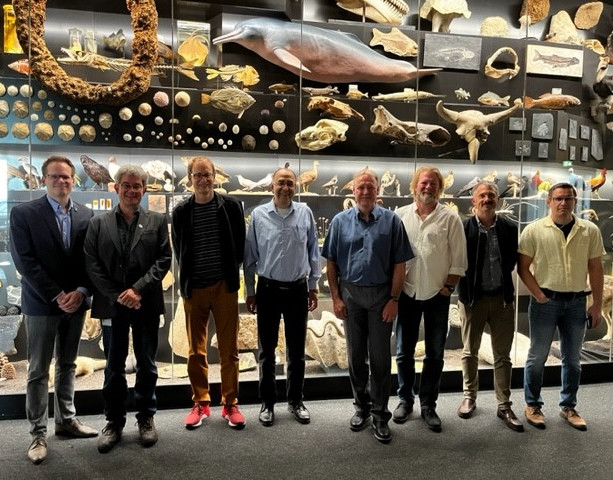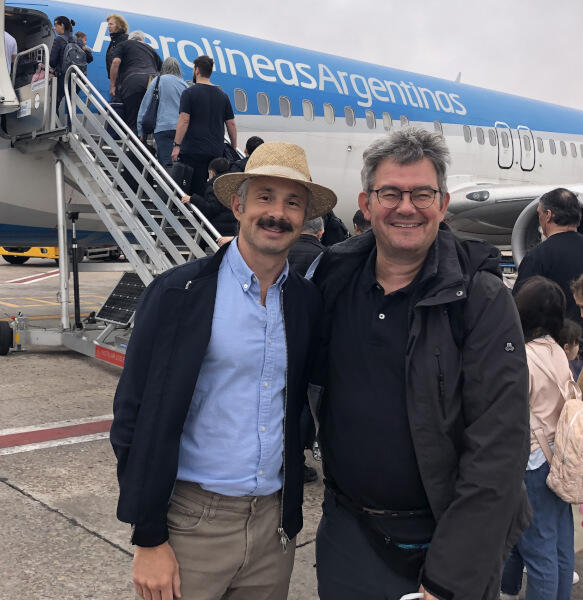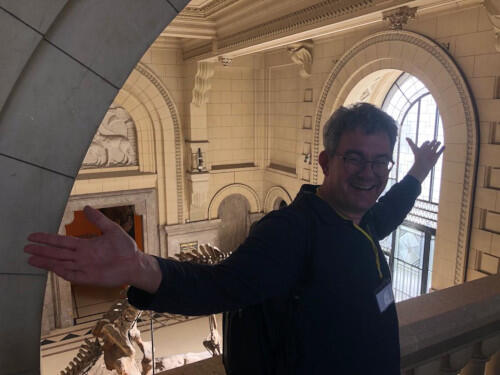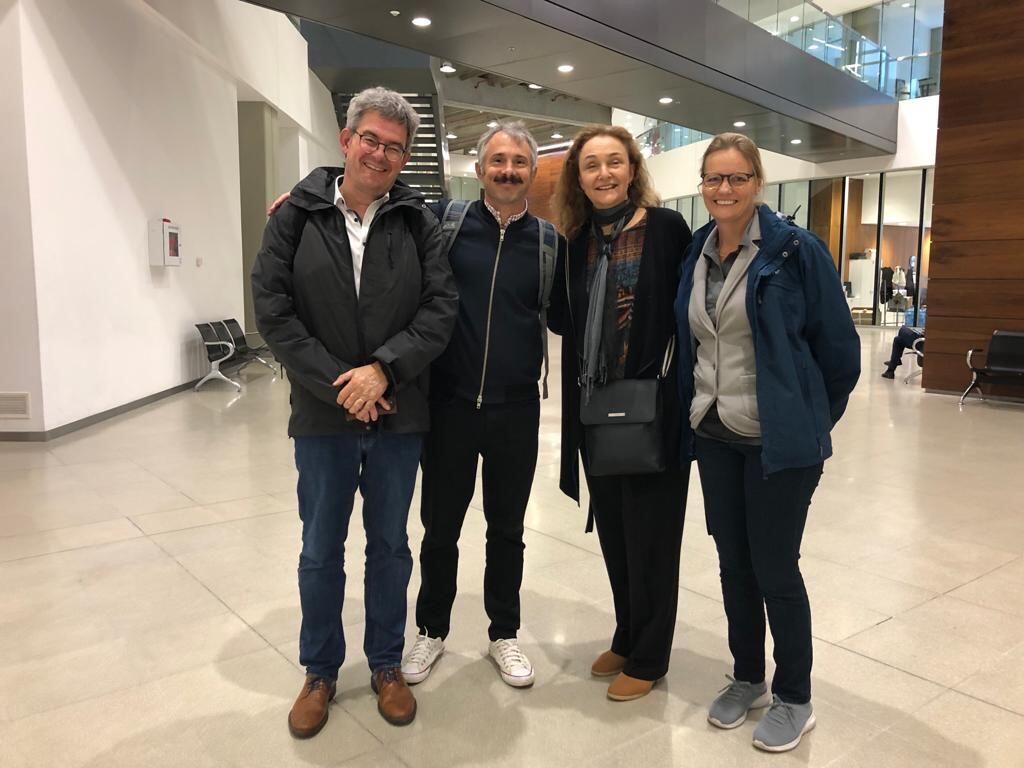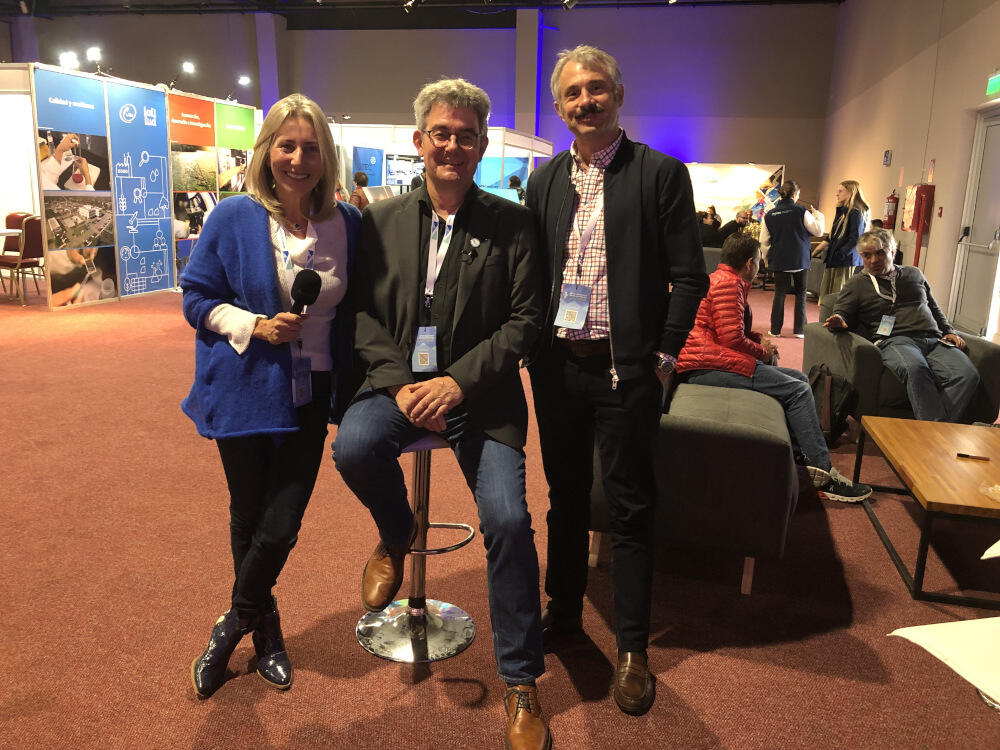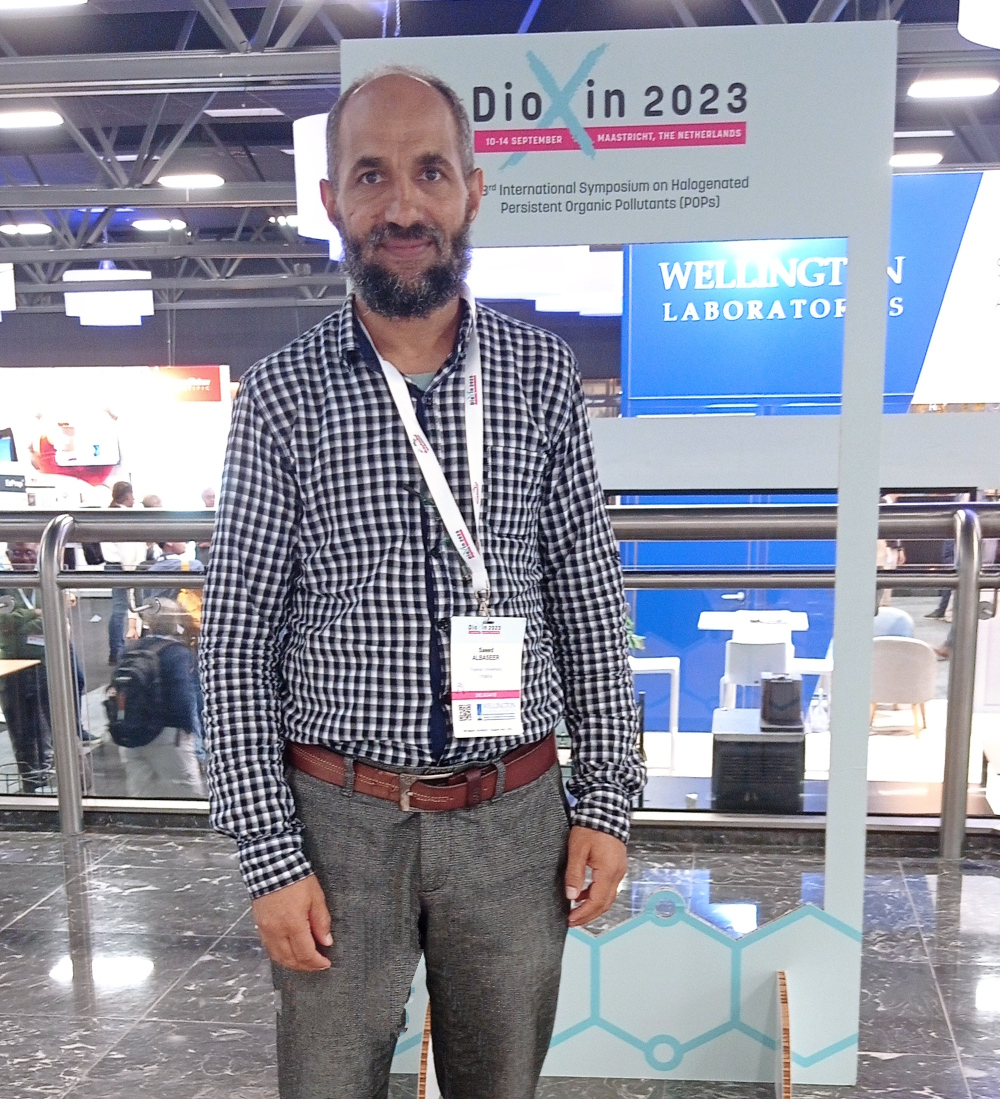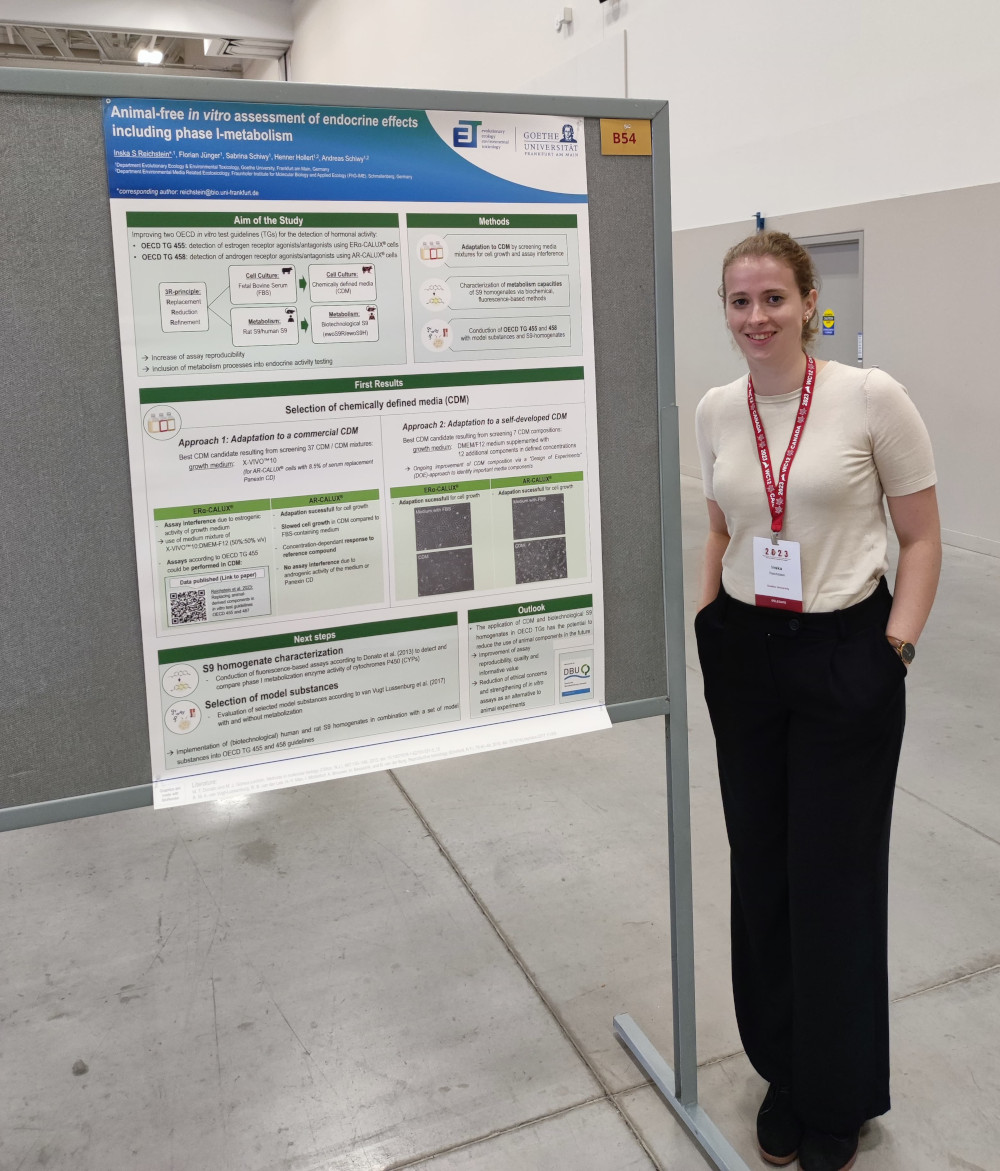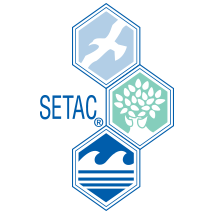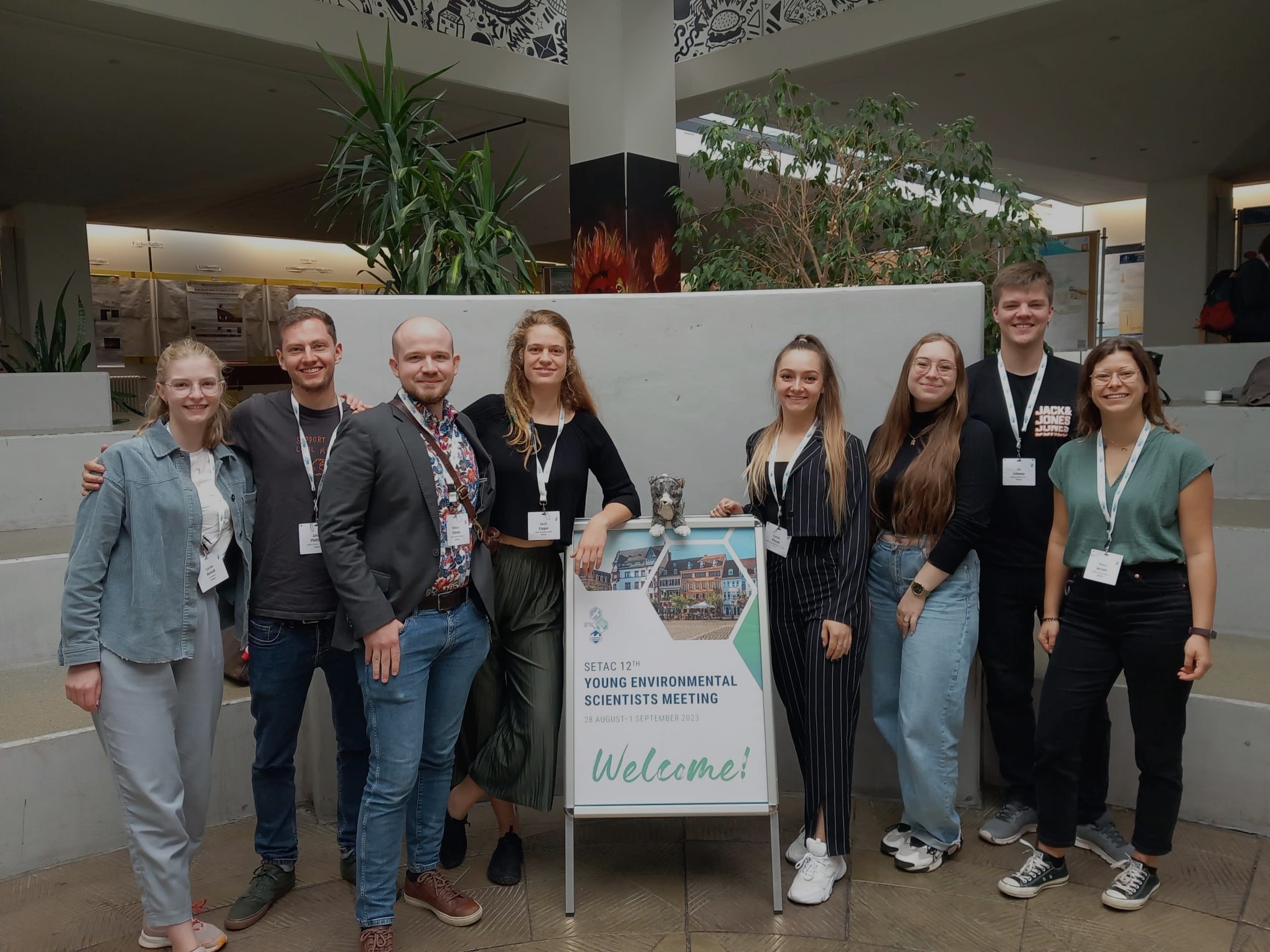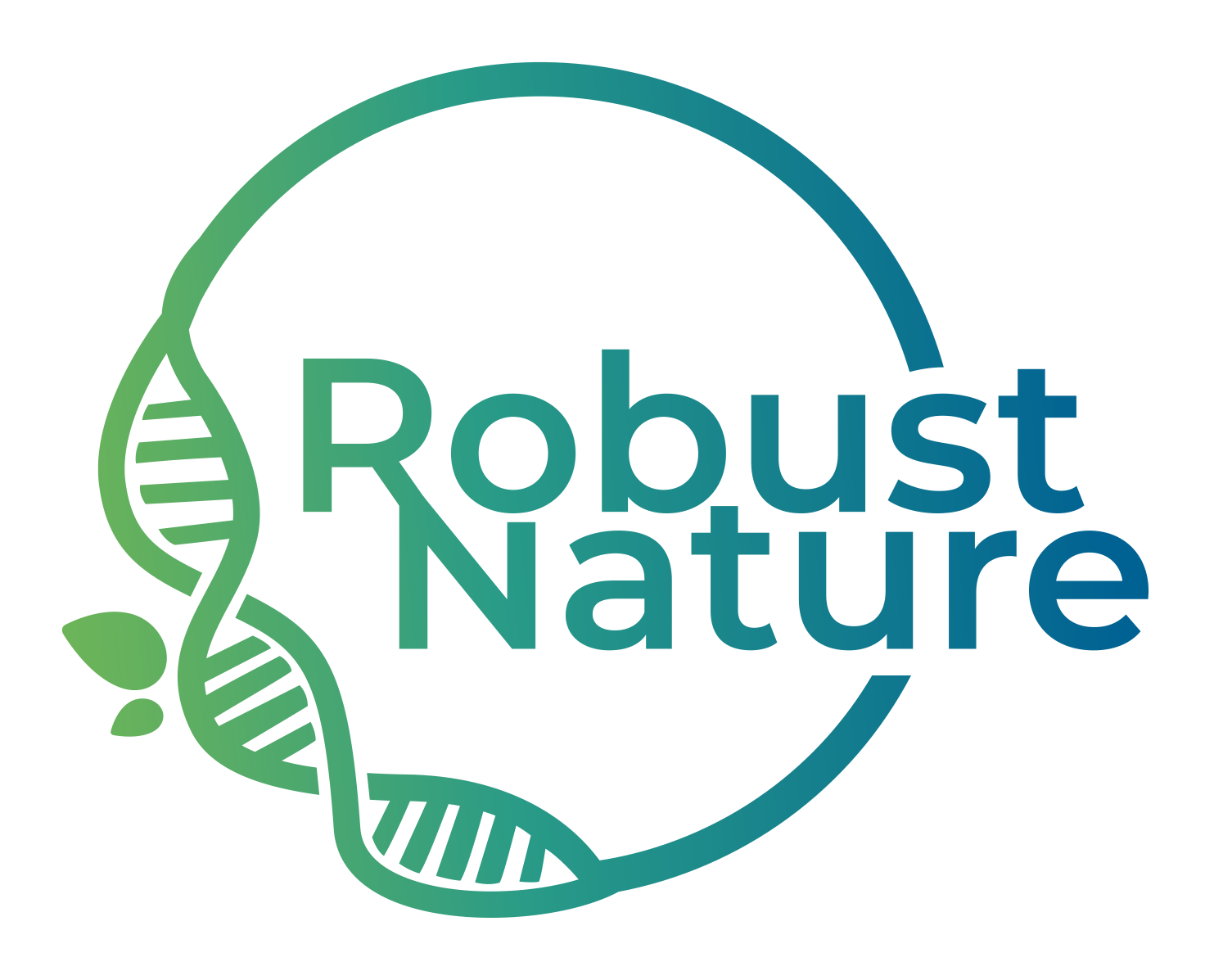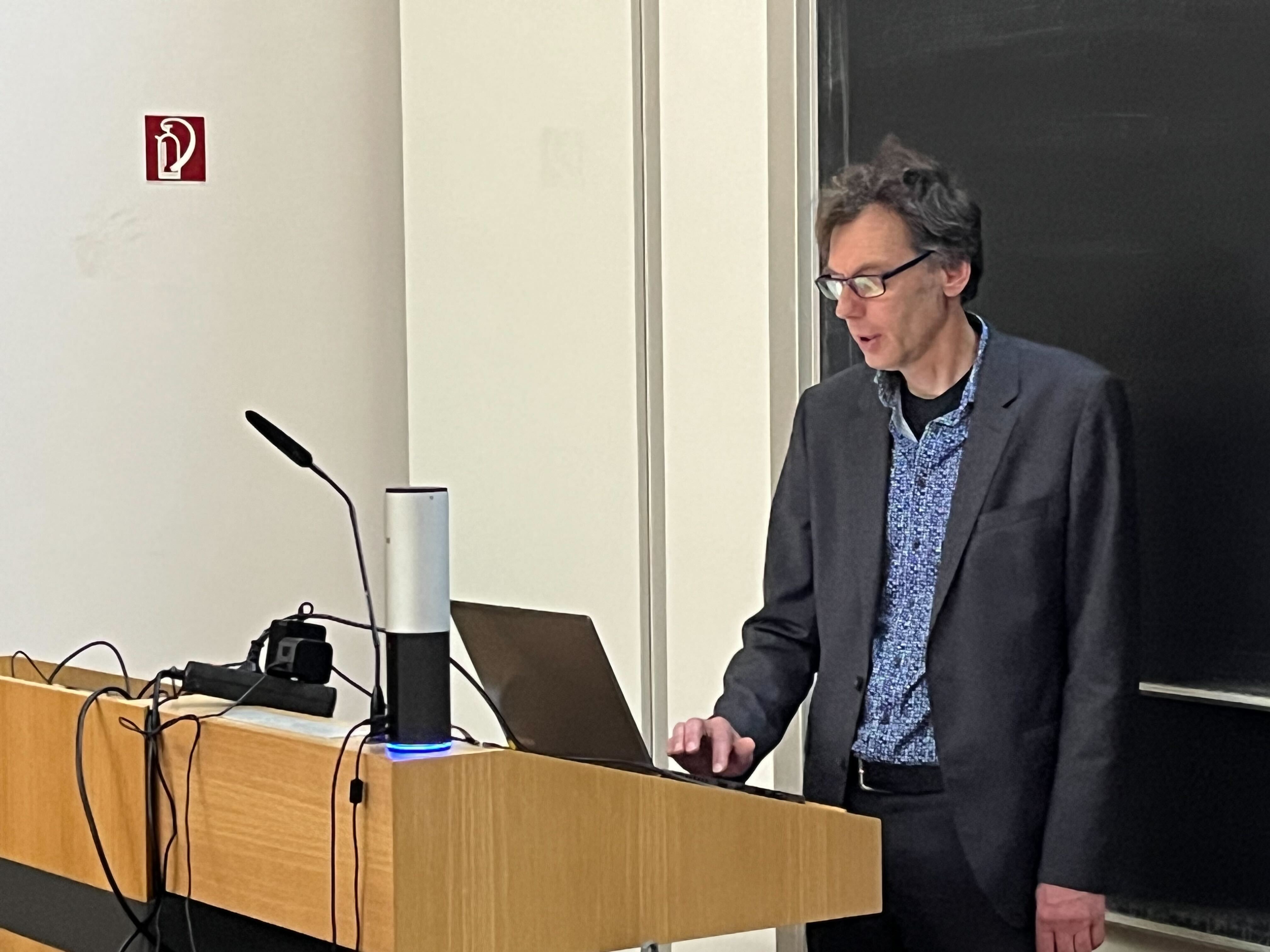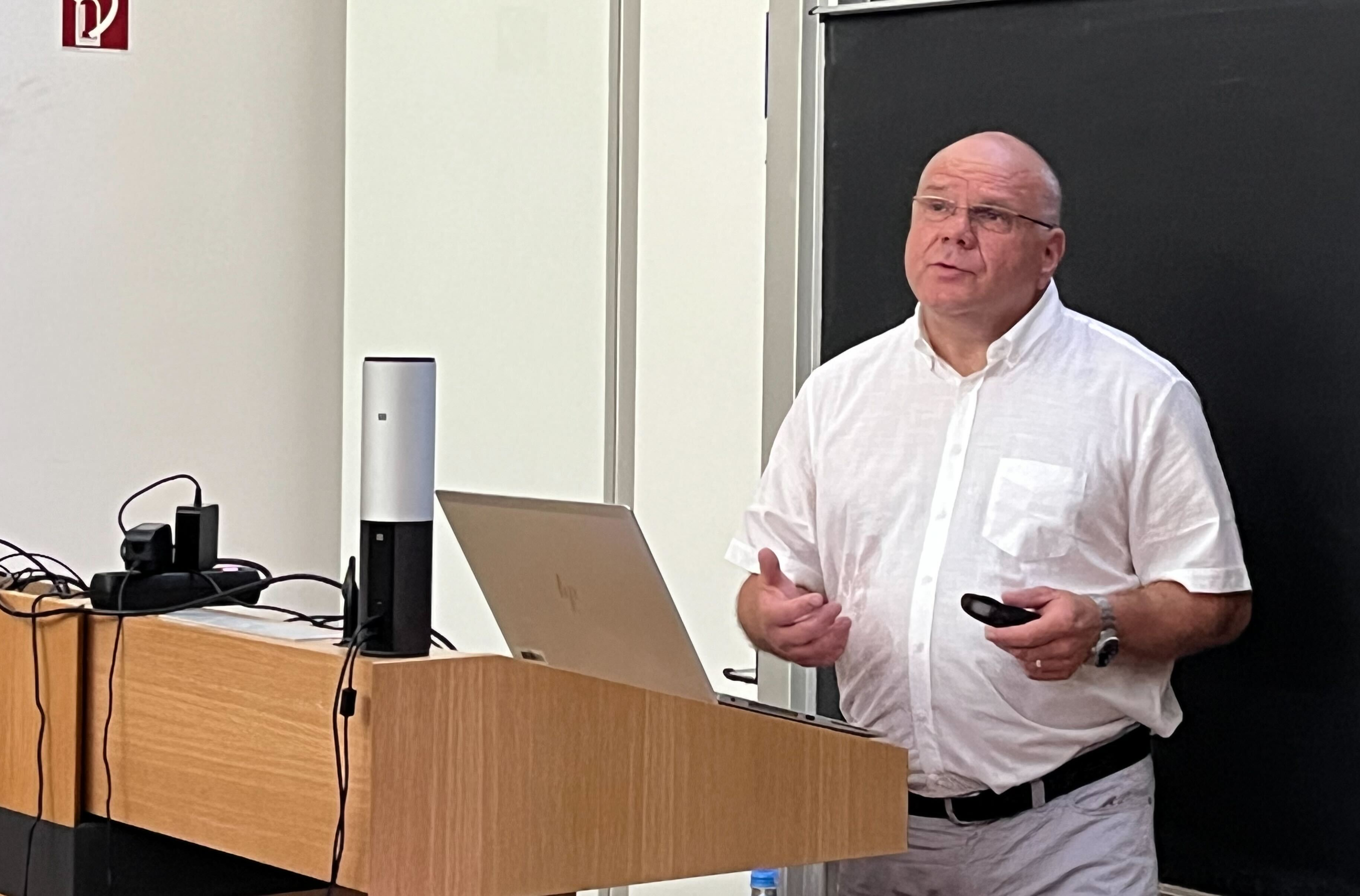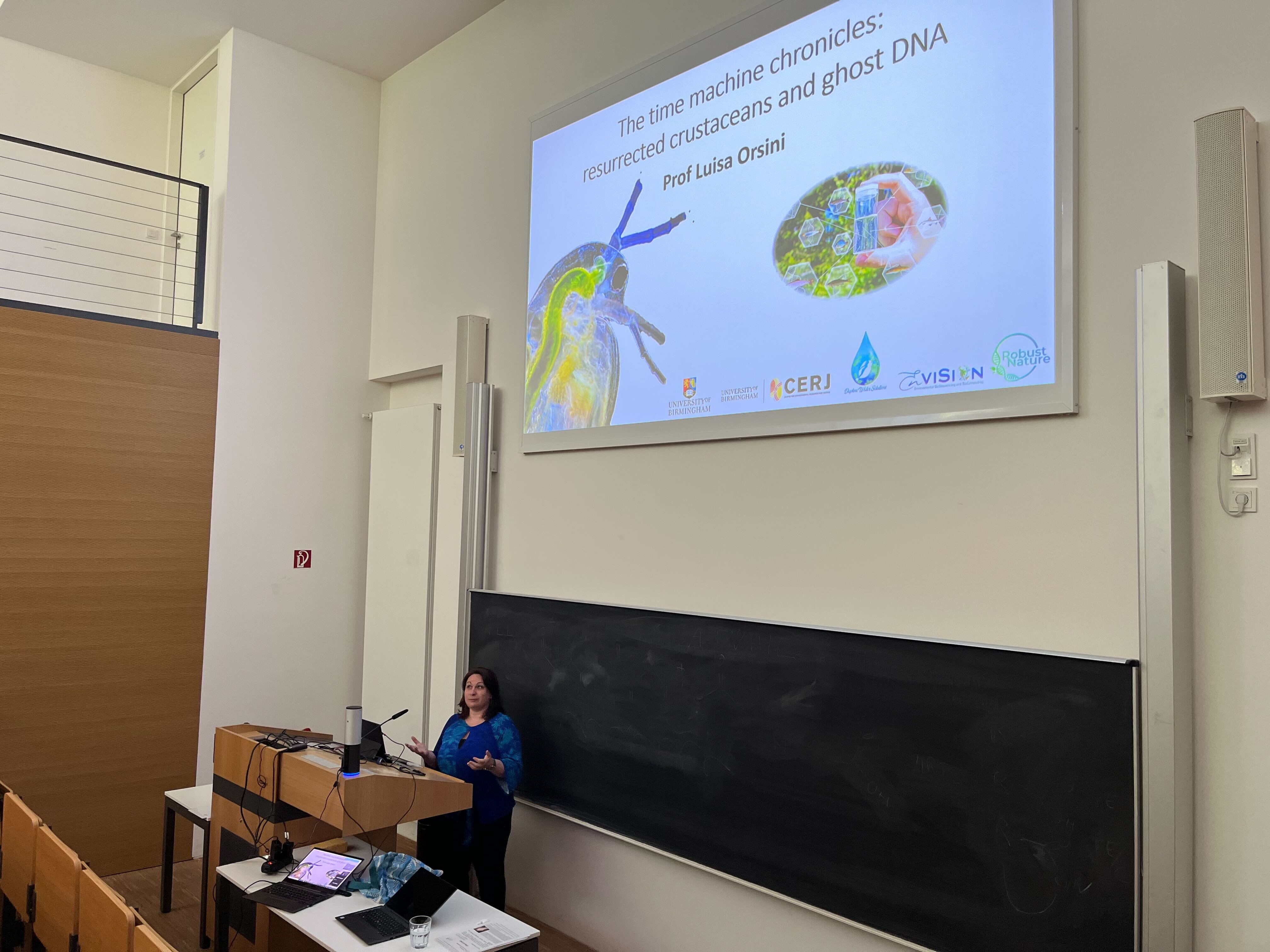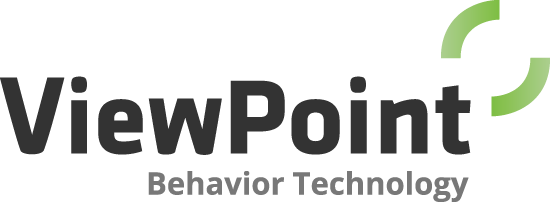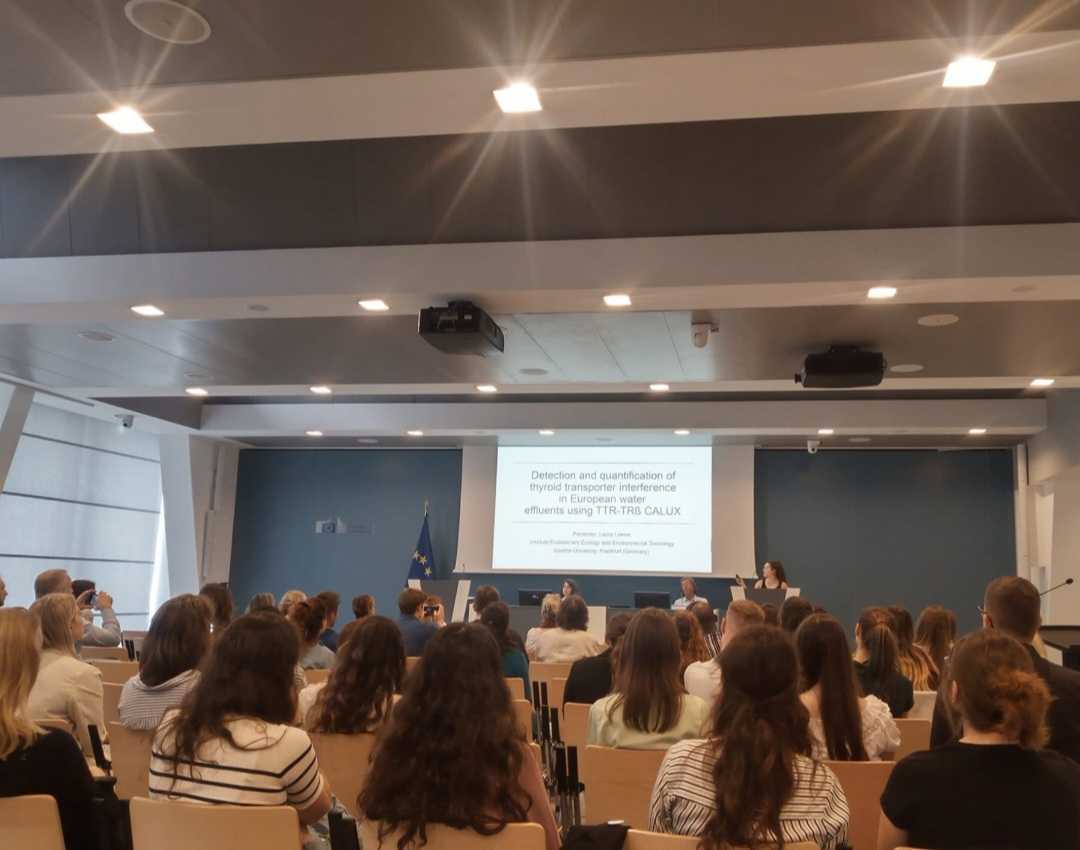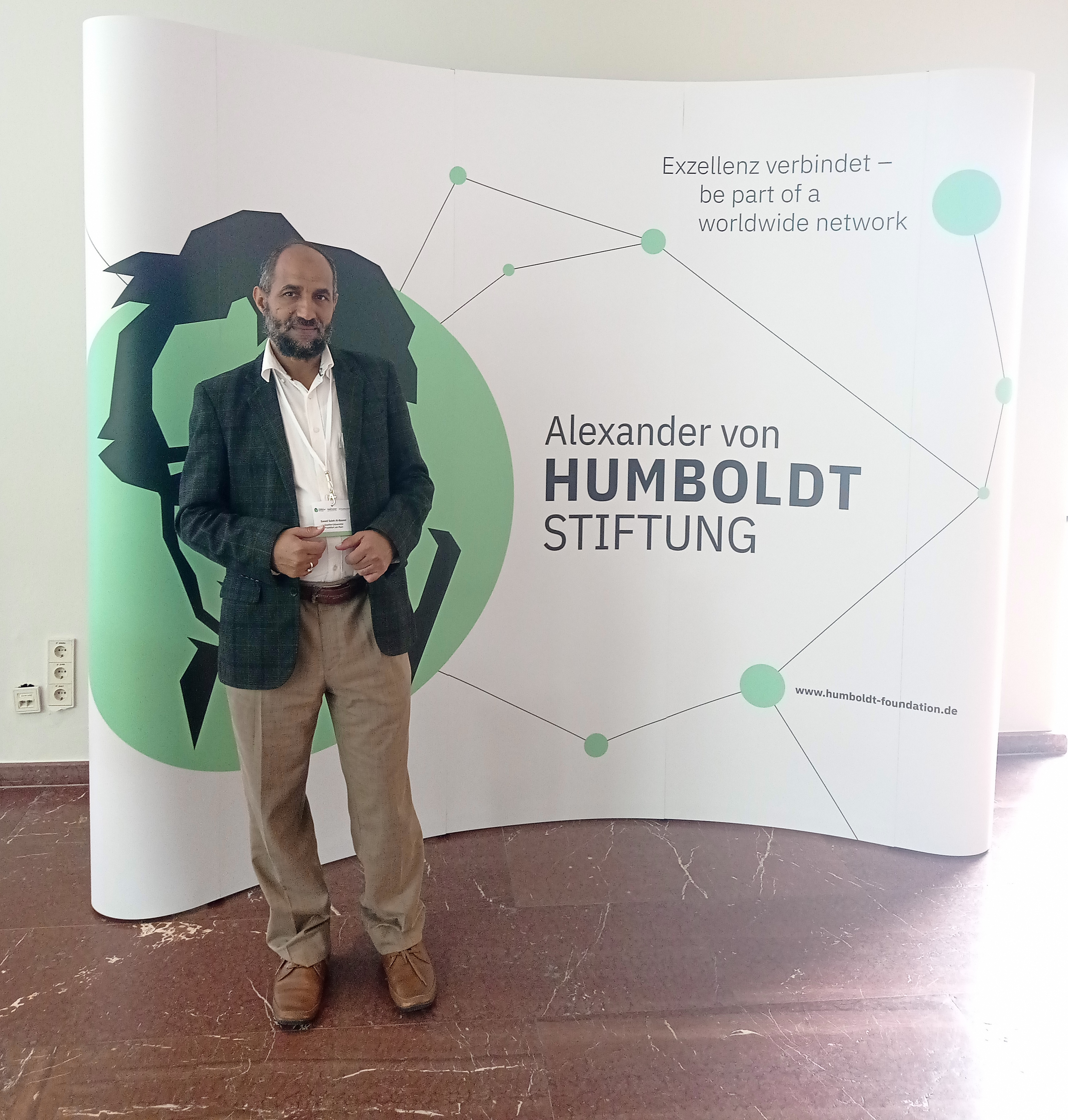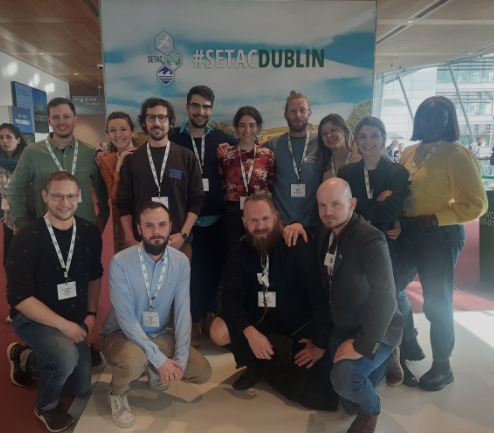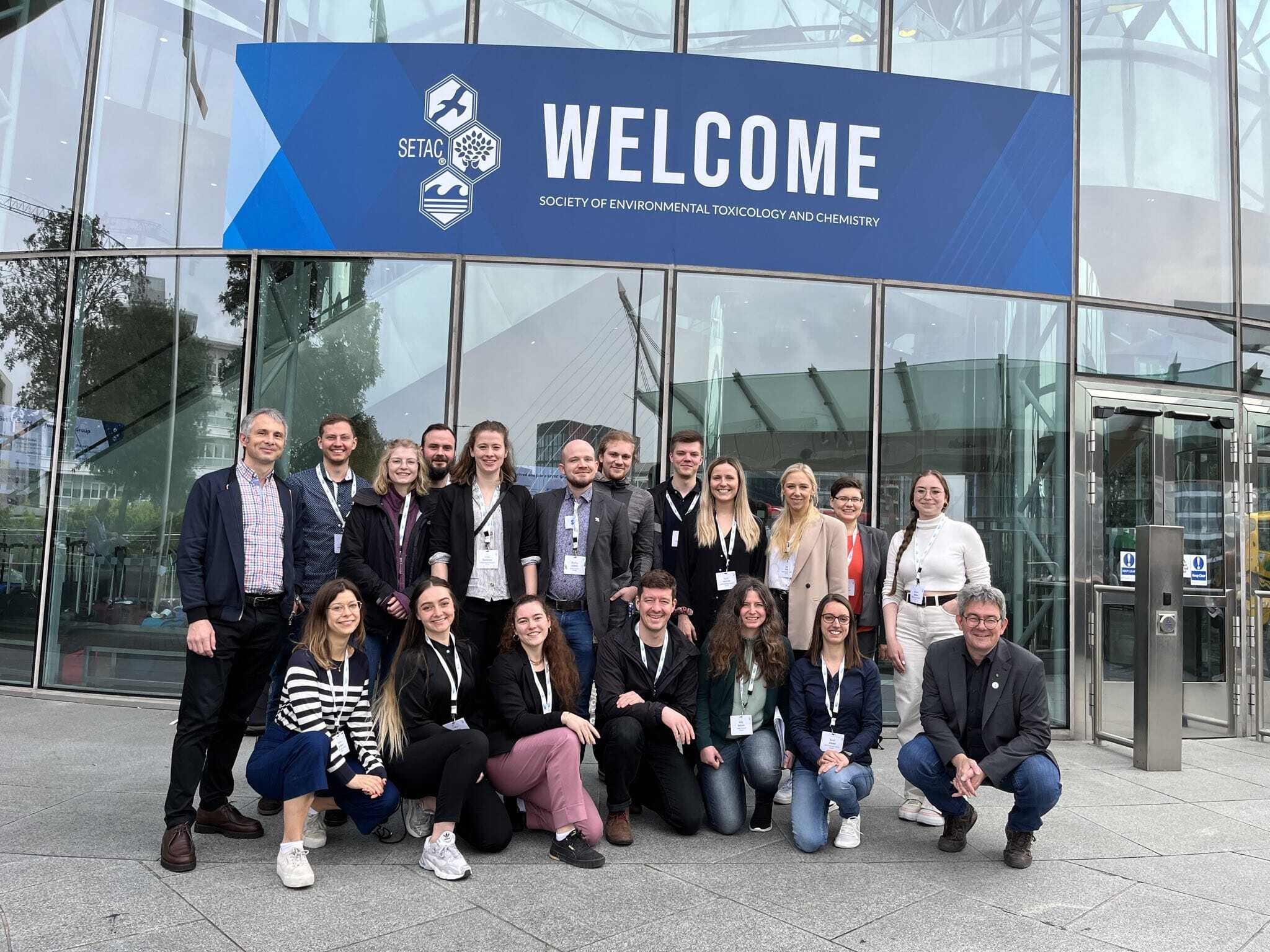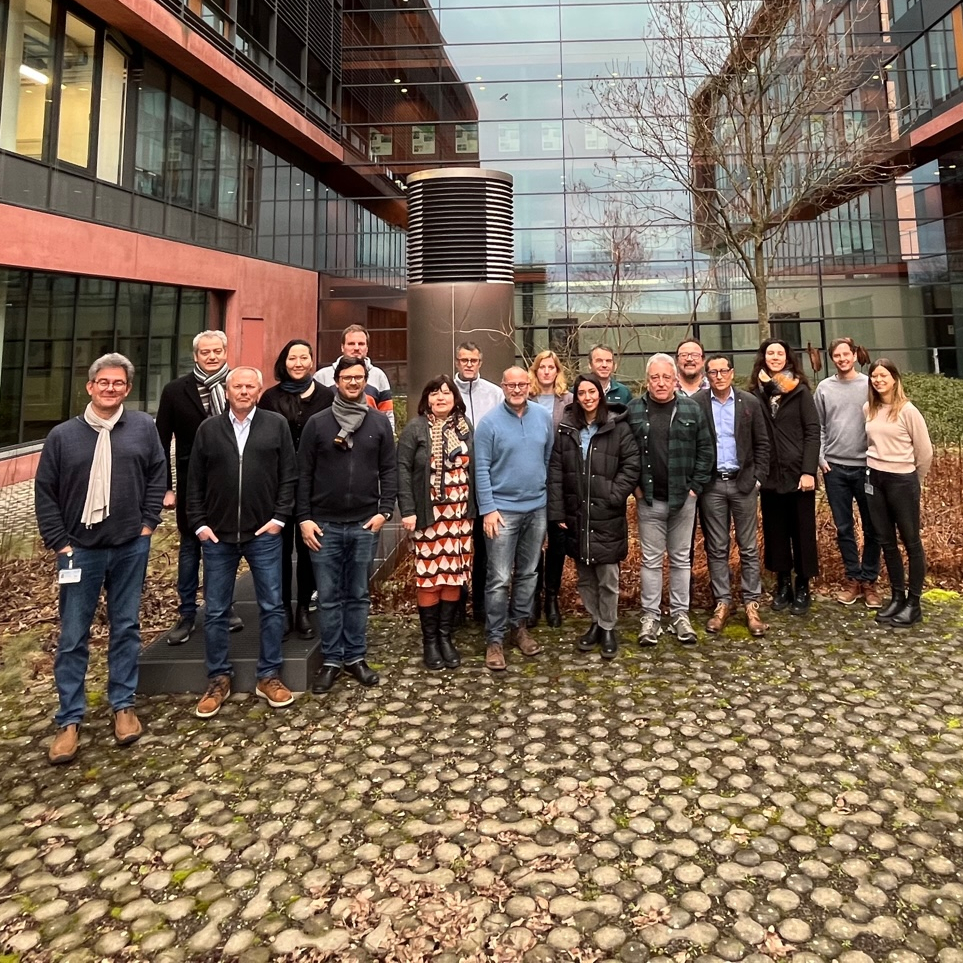12. February 2024
Aquatic animals and consumers of aquatic animals are exposed to increasingly complex mixtures of known and as-yet-unknown chemicals with dioxin-like toxicities in the water cycle. Effect- and cell-based bioanalysis can cover known and yet unknown dioxin and dioxin-like compounds as well as complex mixtures thereof but need to be standardized and integrated into international guidelines for environmental testing. To extend our bioassay portfolio, we participated in an international laboratory testing following ISO/CD 24295 to generate precision data for the development of a full ISO-standard for the DR CALUX system. The results of this ring test have now been published and are available as via the link below.
Behnisch, P., Besselink, H., Suzuki, G., Buchinger, S., Reifferscheid, G., Lukas, M., Wollenweber, M., Wollenweber, S., Hollert, H., Kunisue, T., Tue, N.M., Alijagic, A., Larsson, M., Engwall, M., Ohno, K., Brouwer, A., 2024. Results of an international interlaboratory study on dioxin-like activities in drinking-, river surface- and wastewater using DR CALUX bioassay. Science of The Total Environment 170759.
https://doi.org/10.1016/j.scitotenv.2024.170759






